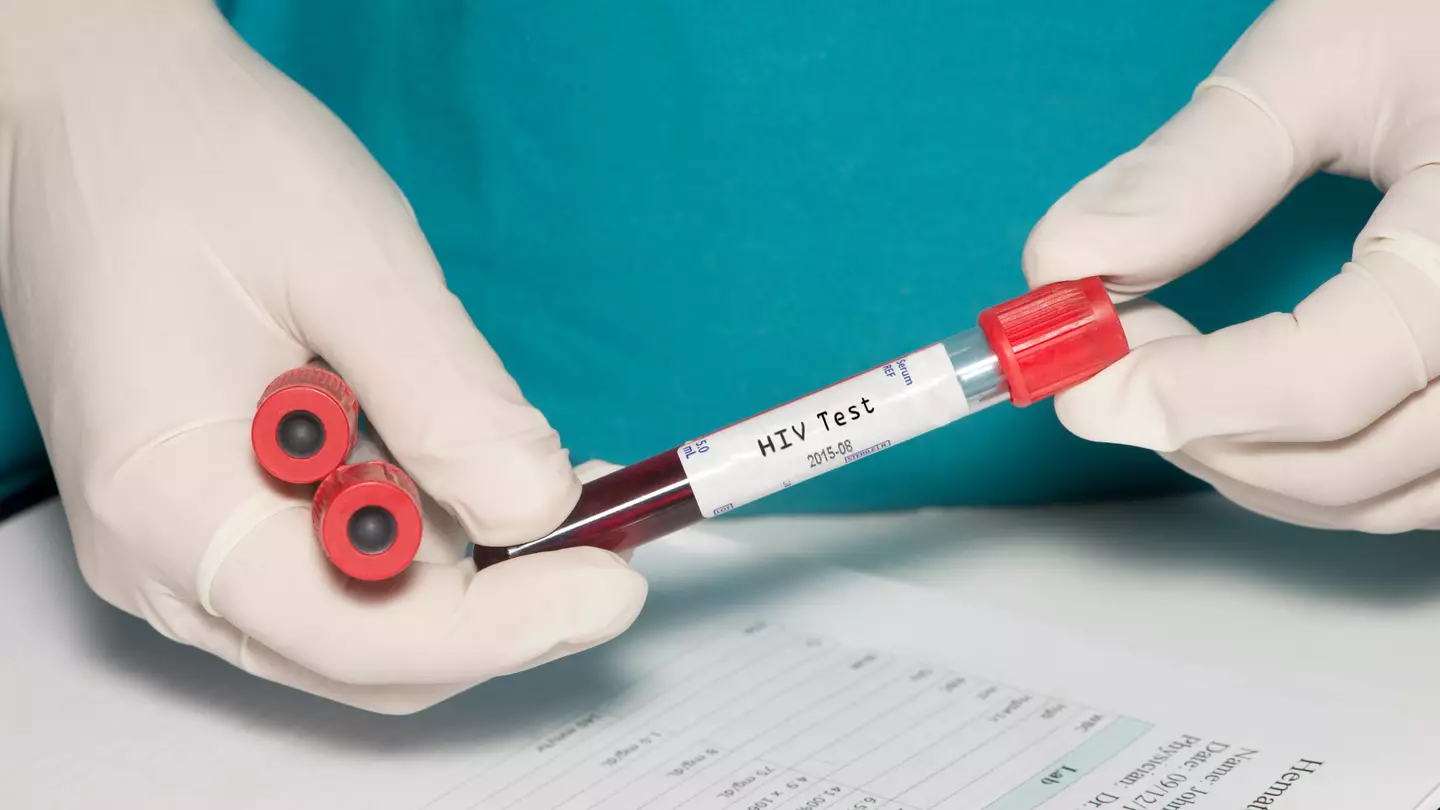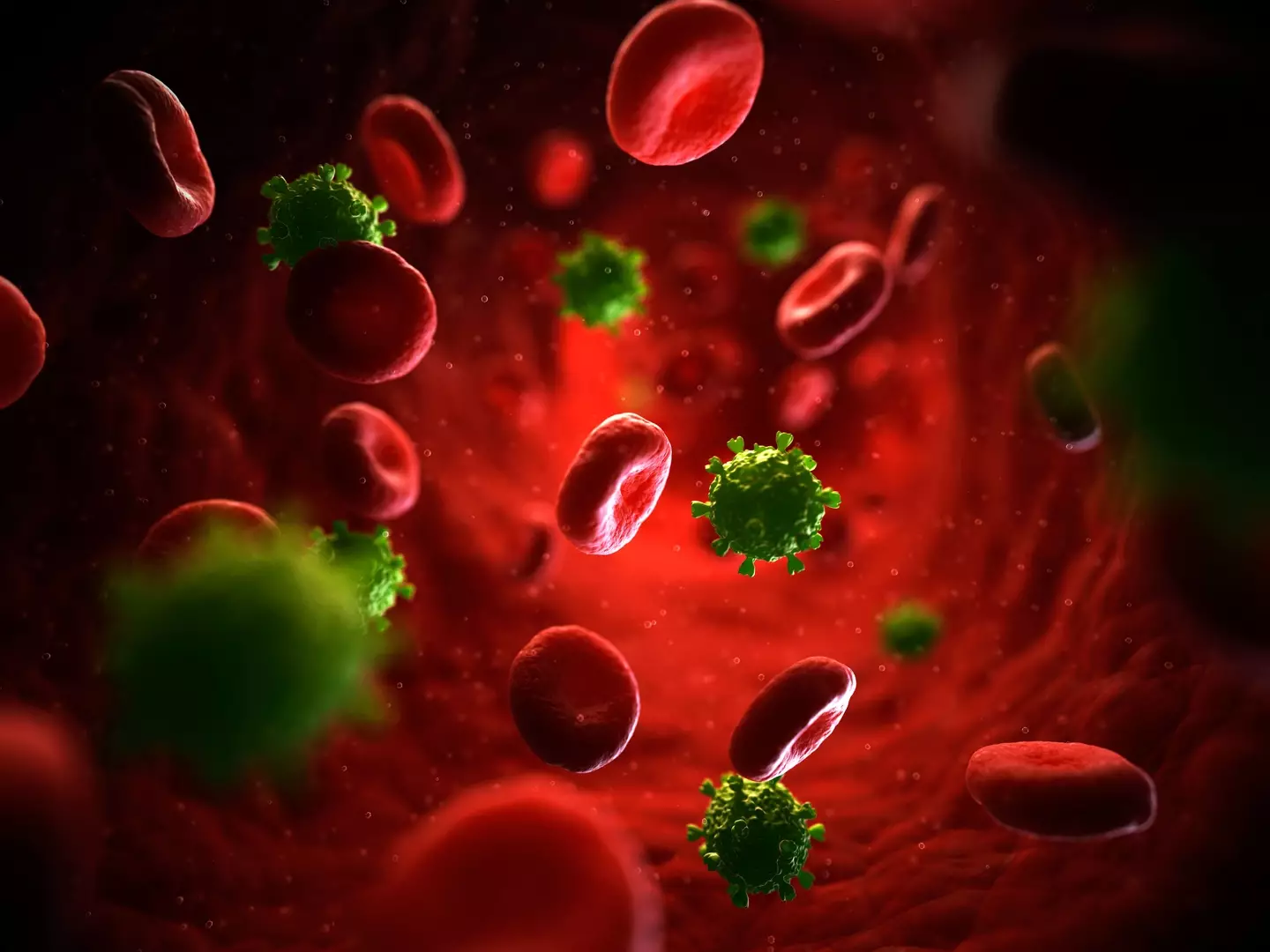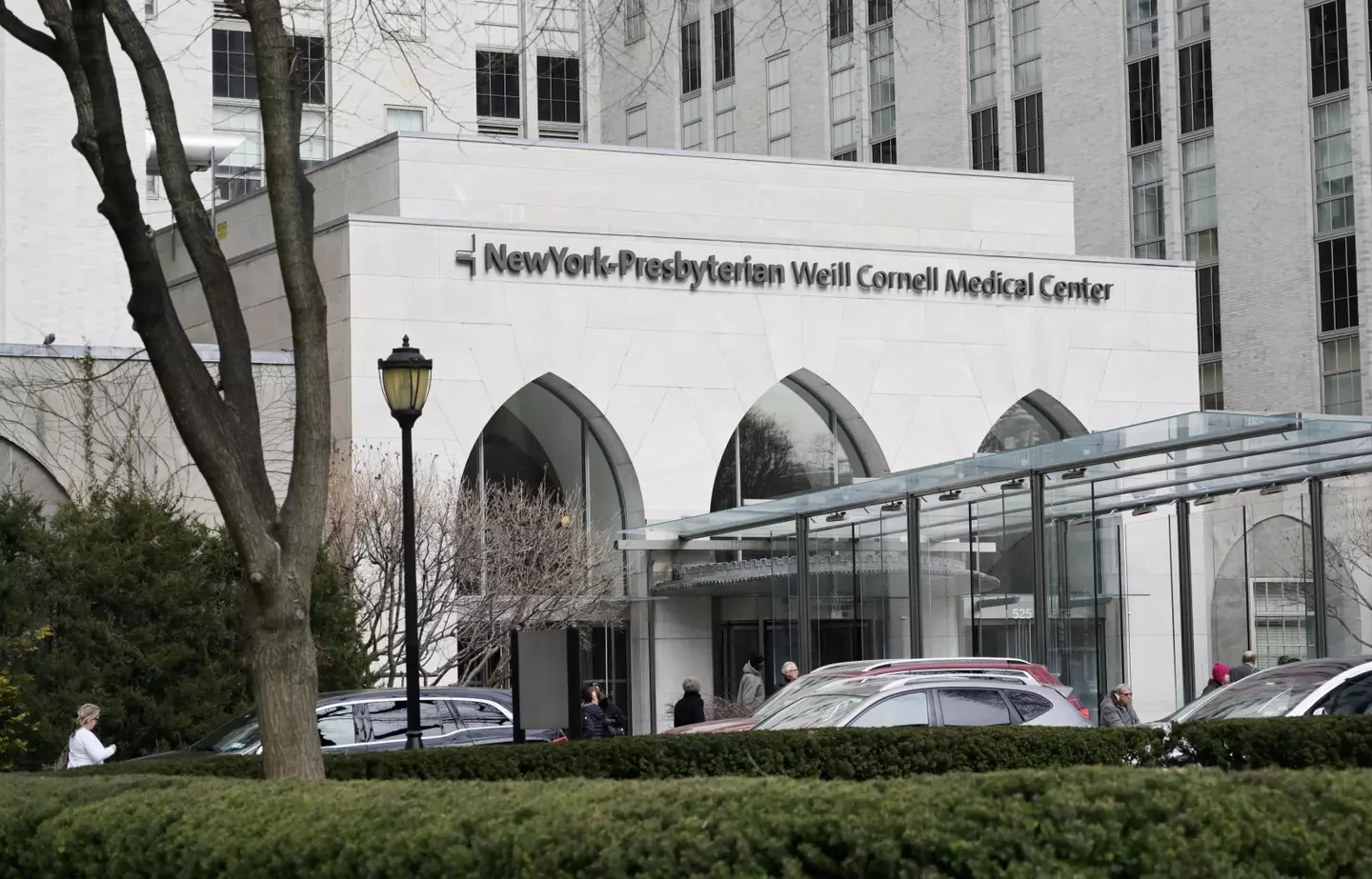
Doctors in the US believe they have cured HIV in a woman for the first time, having used a brand new, cutting-edge treatment.
Scientists announced today that the woman – who is mixed race – had received blood from the umbilical cord through a novel transplant method, with researchers saying this opens up the possibility of curing more patients from diverse racial backgrounds.
If the woman has been cured, she will become the first woman believed to be cured, and the third person overall.
Dr Yvonne J Bryson and Dr Deborah Persaud – both specialists in paediatric infectious disease – shared their findings at the Conference on Retroviruses and Opportunistic Infections in Denver, Colorado.
Advert
While Persaud - a paediatric infectious disease specialist at the Johns Hopkins University School of Medicine who chairs the NIH-funded scientific committee behind the new case study - said she was ‘very excited’ about the apparently cured woman, she admitted the treatment is ‘still not a feasible strategy for all but a handful of the millions of people living with HIV’.

The unnamed woman is being referred to as the 'New York patient' due to being treated at the New York-Presbyterian Weill Cornell Medical Center in New York City.
She was diagnosed with HIV in June 2013 and, despite antiretroviral drugs keeping things under control, received a diagnosis of acute myelogenous leukaemia in March 2017.
In August that year, she received umbilical cord blood from a donor with the HIV-blocking mutation. As it can take around six weeks for cord blood cells to engraft, the woman was also given partially-matched blood stem cells from a relative, which helped prop up her immune system until the cord blood cells became dominant.
According to Dr Marshall Glesby, who was part of the research team, this made the transplant much less dangerous.
Glesby, an infectious diseases expert at Weill Cornell Medicine of New York, told The New York Times: “The transplant from the relative is like a bridge that got her through to the point of the cord blood being able to take over."

The woman decided to stop antiretroviral therapy 37 months after the transplant, and, more than 14 months later, now shows no signs of HIV in blood tests.
She also does not appear to have detectable antibodies to the virus.
While it isn't clear yet why cord blood stem cells appear to work so well, one possibility is that they're more capable of adapting to a new environment.
Dr Koen Van Besien, director of the transplant service at Weill Cornell, told the outlet: “These are newborns, they are more adaptable."
Commenting on the news, Dr Steven Deeks, an AIDS expert at the University of California, said that the woman’s race and sex are both very significant factors.
Speaking to The New York Times, he explained: “The fact that she’s mixed race, and that she’s a woman, that is really important scientifically and really important in terms of the community impact."
According to the Gay Times, the patient will be considered fully cured if there are no signs of an active HIV virus over the next couple of years.